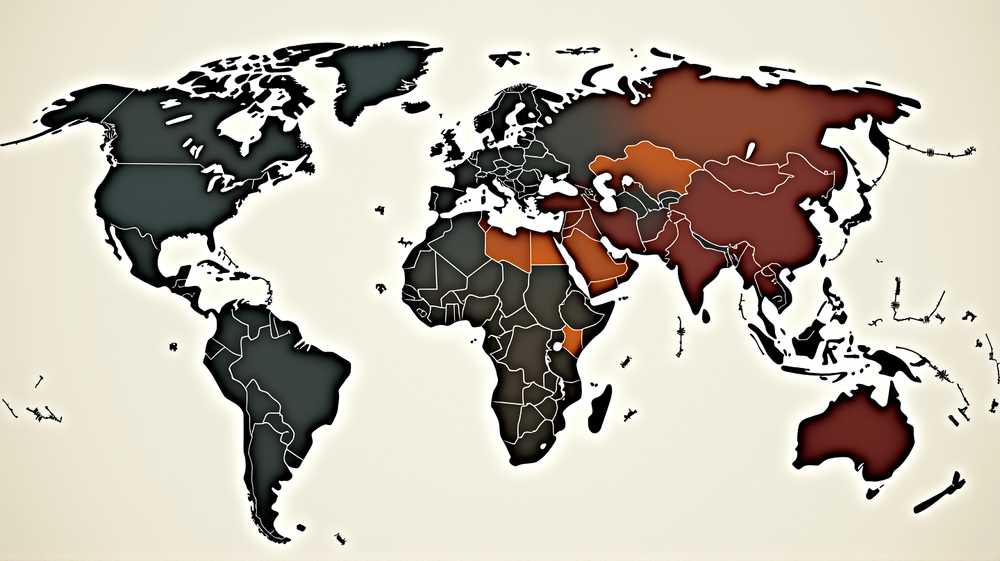How Trump's Trade Policies Unintentionally Rattle the Russian Economy
In the swirling dynamics of global trade, where every move ricochets across borders, Donald Trump’s policies have become an unforeseen tempest for Russia, albeit indirectly. With no direct tariffs slapped on Russia, Trump’s trade strategies with various global players have nonetheless started shaking the very scaffold of the Russian economy, an economy teetering heavily on oil revenue.
A Tectonic Shift in Economic Winds
The trade war launched by the US has ignited a ripple effect that reaches far beyond the shores of its intended targets. Russia finds itself grappling with declining oil prices, an outcome inadvertently linked to Donald Trump’s economic game. Oil, representing a whopping third of Russia’s state income, is not just a commodity but the lifeblood of Putin’s economic plans.
Implications of the Oil Slide
With oil and gas revenues bolstering the Kremlin’s coffers, a persistently falling oil price brings into question the sustainability of its fiscal health. Analysts, including Elina Rybakova from the Peterson Institute for International Economics, voice concern about the impending fiscal crunch. JP Morgan’s projections suggest that this “economic tsunami,” though unintended by the US, bears the potential to thwap the Russian economy significantly.
Forecast of Economic Storms
Should this oil slump linger, Putin’s elaborate economic blueprints might require drastic amendments. A sobering reminder that the market’s ebb is no respecter of plans. The ripple could stall GDP growth to a meager 0.1%, a stark contrast to prosperity aspirations, leaving little room for expansion in military ventures or domestic advancements. Foreign experts join this chorus, singing warnings about the long shadows low oil prices could cast over Russia’s future policy maneuvers.
Beyond Borders: The Global Ramifications
While Trump’s trade agenda primarily aims at recalibrating America’s economic relationships, its interplay showcases the interconnectedness of nations, where a sovereign decision tugs at the strings of another’s economic destiny. As stated in Online.ua, these unfolding events highlight that mere strategic pivots in one corner of the world can shape realities across the globe, spotlighting the intricate lattice of global trade.
This narrative, fueled by an act meant to protect domestic interests, showcases a powerful testament: the interconnected world economy is an elaborate dance where an isolated step sways the broader quest for balance.




